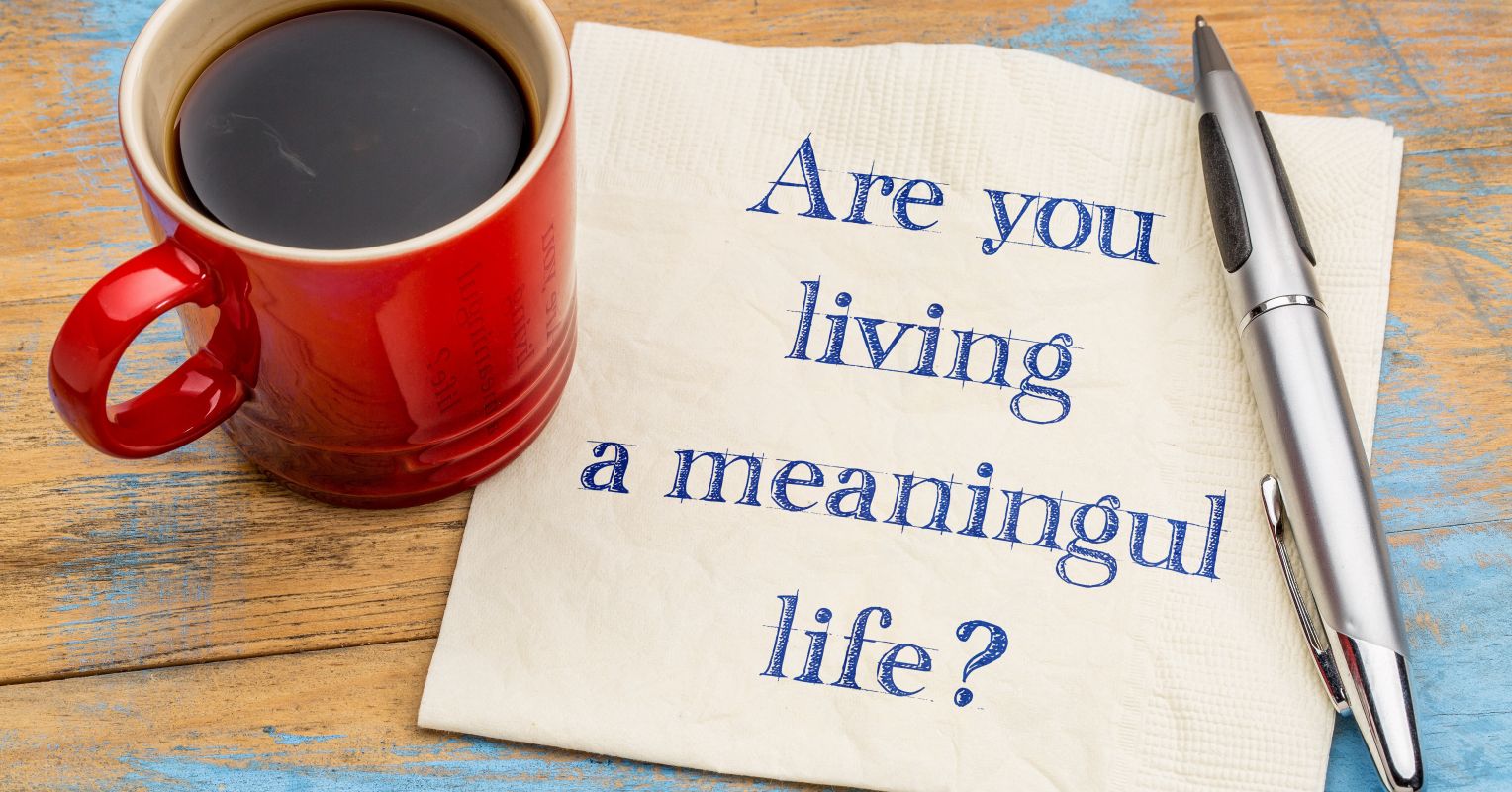
"The concept of happiness has evolved significantly since 1776. Now we often relate the thought of happiness with living "the good life," a concept that has been hijacked by advertisers and portrayed as a life in which we seek pleasure, relaxation, and, of course, material goods. Our postmodern society has told us that we can achieve happiness through consumption. Society has made us think that: If only...I had a bigger house, a better car, more money, and a better job, I would be fulfilled."
"But more choices and more personal freedom to choose have led to higher expectations that, in turn, have led to never being satisfied with what we have! We think we want more, but when we get it, it is not enough. "Enough" becomes a moving target. In the pursuit of the "if only," we have sacrificed our relationships, our health, and our sanity."
"We've also been taught that we should expect to have it all and we should expect to have it now. In other words, we are driven by instant gratification-and justify it with thoughts like, "just put it on credit," "there's no need to earn the money today," "pay for it later." Not just individuals but cities, states, and nations have embraced and become addicted to this belief as well."
The phrase "life, liberty, and the pursuit of happiness" established happiness as a foundational ideal. Happiness has shifted toward a consumerist "good life" tied to pleasure, relaxation, and material goods. Greater choice and personal freedom have raised expectations and produced chronic dissatisfaction as "enough" continually moves. The pursuit of "if only" prioritizes acquisition over relationships, health, and sanity. Instant gratification, credit, and cultural norms sustain the cycle at individual and collective levels. Pleasure and power prove short-lived because they depend on perpetual desire for more, creating persistent unfulfillment and social consequences.
Read at Psychology Today
Unable to calculate read time
Collection
[
|
...
]